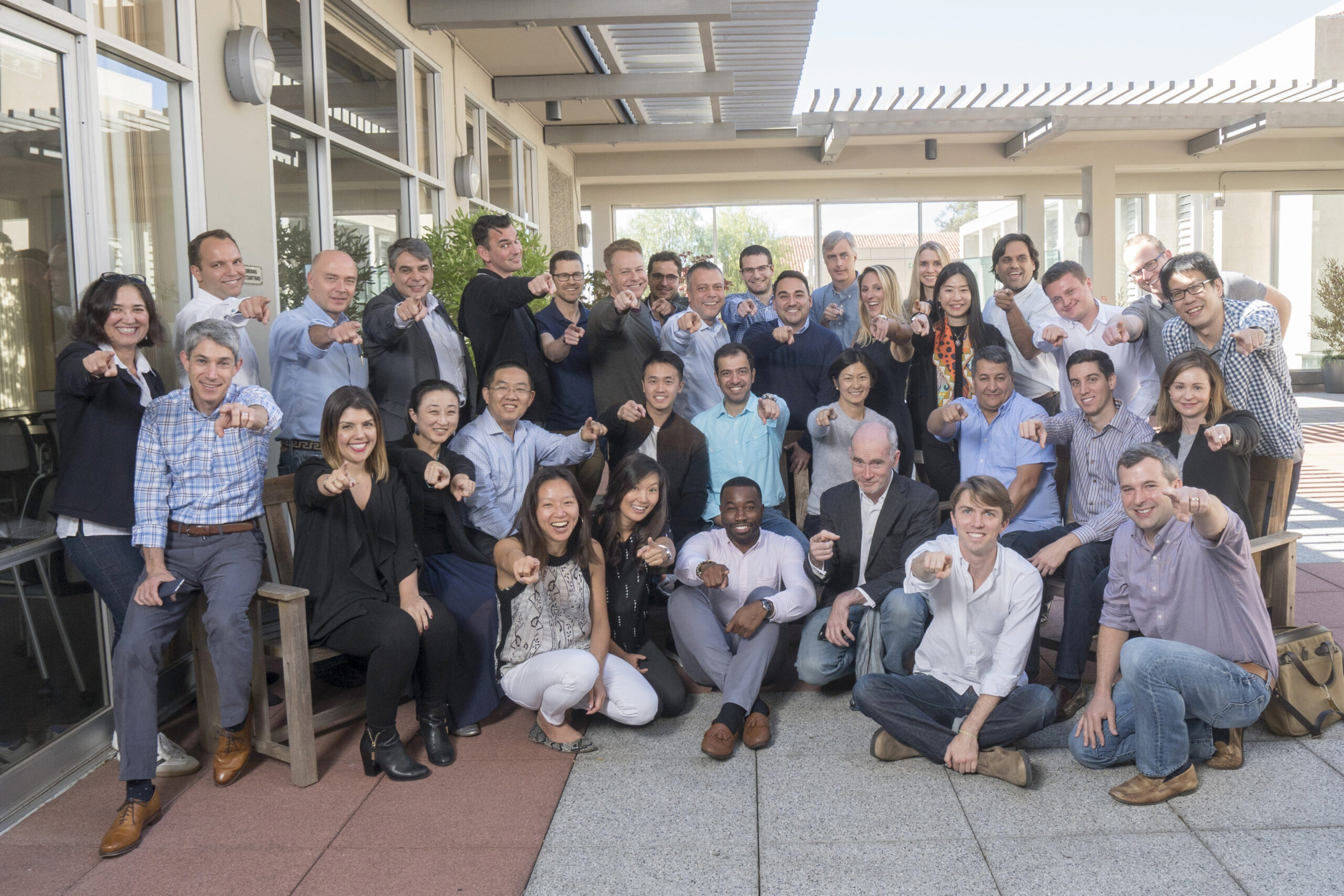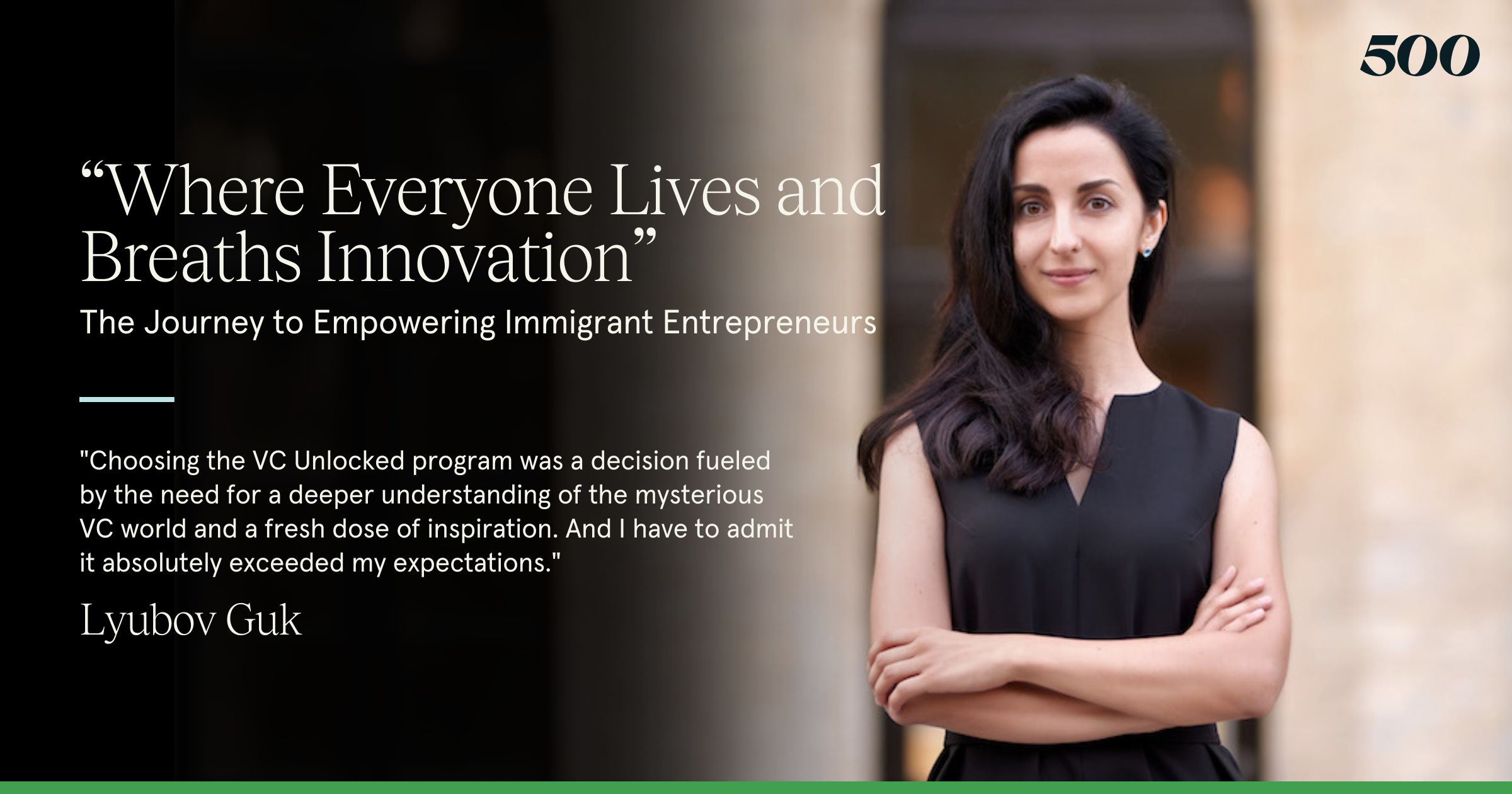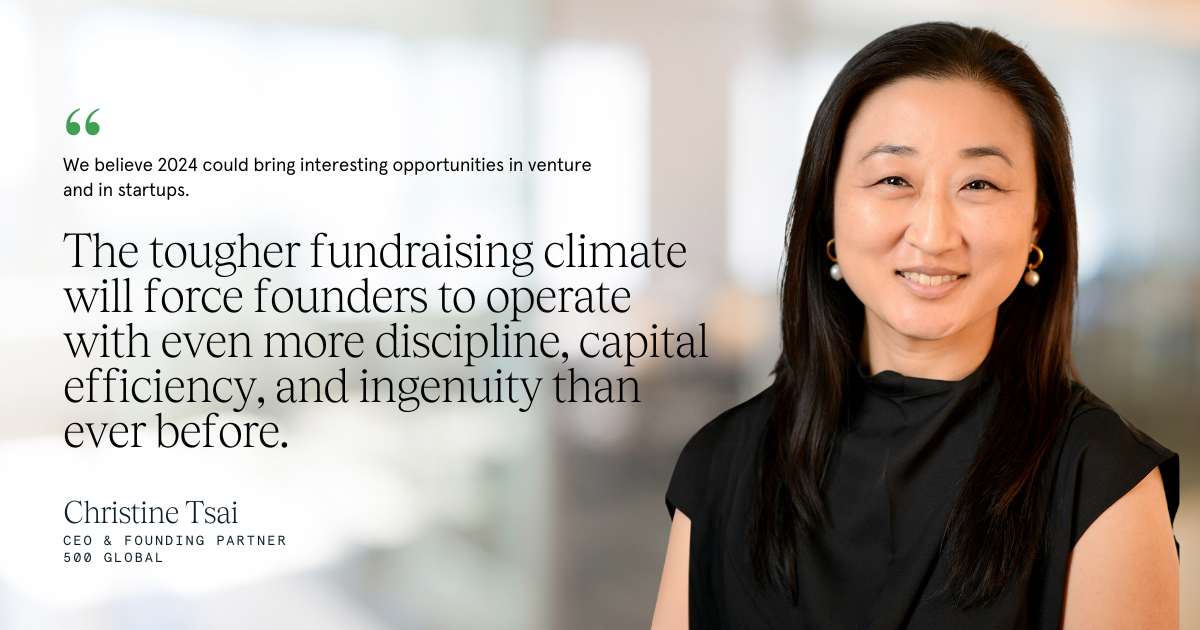VC Unlocked: Deal Camp at Berkeley, our four-day executive education program on early stage investing, takes place from February 26 – March 1, 2018. Apply today.
Guest Post: Regina Leung is Vice-President of Healthcare at Bay Angels and owns her own consulting firm in healthcare and life sciences.
Last month, I spent a week at Berkeley attending VC Unlocked: Deal Camp, 500 Startups’ crash course on all things early stage investing with UC Berkeley Law.
I’ve been an angel investor for about a year with several startup investments to date, but was looking for the right program to become a more knowledgeable investor. Deal Camp was a great opportunity to grow my network, drill down on important topics like valuations and term sheets, and hear directly from current VCs about real investments they have made and the investment landscape in Silicon Valley.

Now that I’ve had some time to reflect (and catch up on some sleep), I wanted to share my biggest takeaways from the program.
Here are three things I learned at Deal Camp:
1) Venture Financing
After class introductions and some work on VC strategy and creating an investment thesis, we spent the better part of the second day on deal making. One session I found particularly valuable was the training workshop on venture financing terms and processes.
We spent the morning covering valuations, cap tables, and investment basics from angels to VCs. Our guest lecturer, Neil Dugal of Omidyar Network, was able to pack a lot of important concepts together in an elegant and simple way to understand.
One example that Neil discussed was the Priced Round investment option which he explained could have economic and control impact. Such economic impact will include liquidation preferences and control of board seats. A key takeaway for me here was the “devil is in the details” and investors should carefully read final term sheets and investment documents, whether they be SAFE or Convertible Notes.
2) A Front Row Seat at Demo Day
A few times a year, 500 Startups hosts Demo Day, a one-day event for investors to take an early look at their latest accelerator companies. I’ve attended several demo days hosted by other incubators around the Bay Area, and this was one of the best I’ve seen.

Getting the chance to see 27 start-ups all in the space of a few hours was amazing. The event reception was done very nicely and it was good to have the class sit together front and center so we could discuss the pros/cons for these companies based on the investment approaches we learned in the program.
My favorite startup was Fyodor Biotechnologies. They’re developing a non-invasive technology that helps people with a fever diagnose malaria in 25 minutes using a few drops of urine instead of blood for developing countries. Another interesting start-up was Mediation Online, a web service that helps Brazilian corporations and consumers resolve legal disputes quickly and inexpensively with an automated, binding mediation process.
Demo Day was a great opportunity to apply some of the frameworks we had learned during lectures throughout the program. The following day, two of 500’s Venture Partners joined us in class for a Demo Day debrief. The class drilled down on our favorite businesses and talked through our opportunity assessment frameworks. A two-minute pitch can only tell you so much about a startup so the partners’ insider’s perspectives were particularly valuable.

3) Term Sheet Olympics
On the last day of the program, Adam Sterling of UC Berkeley Law reinforced the valuation table concepts we learned earlier in the week with a practical exercise.
During the “Term Sheet Olympics” session, different teams split into groups, taking turns role-playing as VCs and founders. We went into more details on complex investment situations and explained how important it is to understand term sheets since during role-play, we missed one important negotiation point.
The other concept that was important to understand in this session was anti-dilution. For follow-on funding rounds and to appreciate the potential dilution effects, an actual exercise that Adam and Robert Bartlett went through using excel models was very helpful. I now have much better insight into how VCs negotiate with start-ups.

Overall, the program exceeded my expectations. I came away not only with a strong grasp of investment basics, but also a network of high-quality friendships both from the venture capital community, 500 Startups and fellow classmates which I hope to keep for a long time.
NOTE: REGINA IS A GUEST POSTER AND ANY VIEWS OR OPINIONS REPRESENTED IN THE ABOVE POST ARE PERSONAL AND DO NOT REPRESENT THOSE OF 500 STARTUPS OR ANY OF ITS STAFF OR AFFILIATES UNLESS EXPLICITLY STATED. ALL CONTENT REPRESENTED ABOVE IS PROVIDED FOR INFORMATIONAL PURPOSES ONLY. 500 STARTUPS MAKES NO REPRESENTATIONS AS TO THE ACCURACY OR COMPLETENESS OF ANY INFORMATION CONTAINED IN THE ABOVE POST. UNDER NO CIRCUMSTANCES SHOULD ANY OF THE ABOVE CONTENT BE CONSTRUED AS LEGAL, TAX OR INVESTMENT ADVICE FROM 500 STARTUPS OR ANY OF ITS AFFILIATES.
NOTE: VC UNLOCKED: DEAL CAMP IS OPERATED BY 500 STARTUPS INCUBATOR, L.L.C. AND NO 500 STARTUPS FUNDS PARTICIPATE IN ANY OF THE REVENUES GENERATED BY THESE PROGRAMS. ANY INVESTOR EDUCATION PROGRAMS PROVIDED BY 500 STARTUPS INCUBATOR, L.L.C. PROVIDE GENERAL EDUCATIONAL AND INFORMATIONAL SERVICES, UNDER NO CIRCUMSTANCES WILL 500 STARTUPS MANAGEMENT COMPANY, L.L.C OR ANY AFFILIATED 500 STARTUPS ENTITY BE DEEMED TO BE PROVIDING INVESTMENT ADVISORY SERVICES TO ANY OF THE ATTENDEES OF SUCH PROGRAMS




